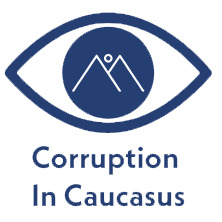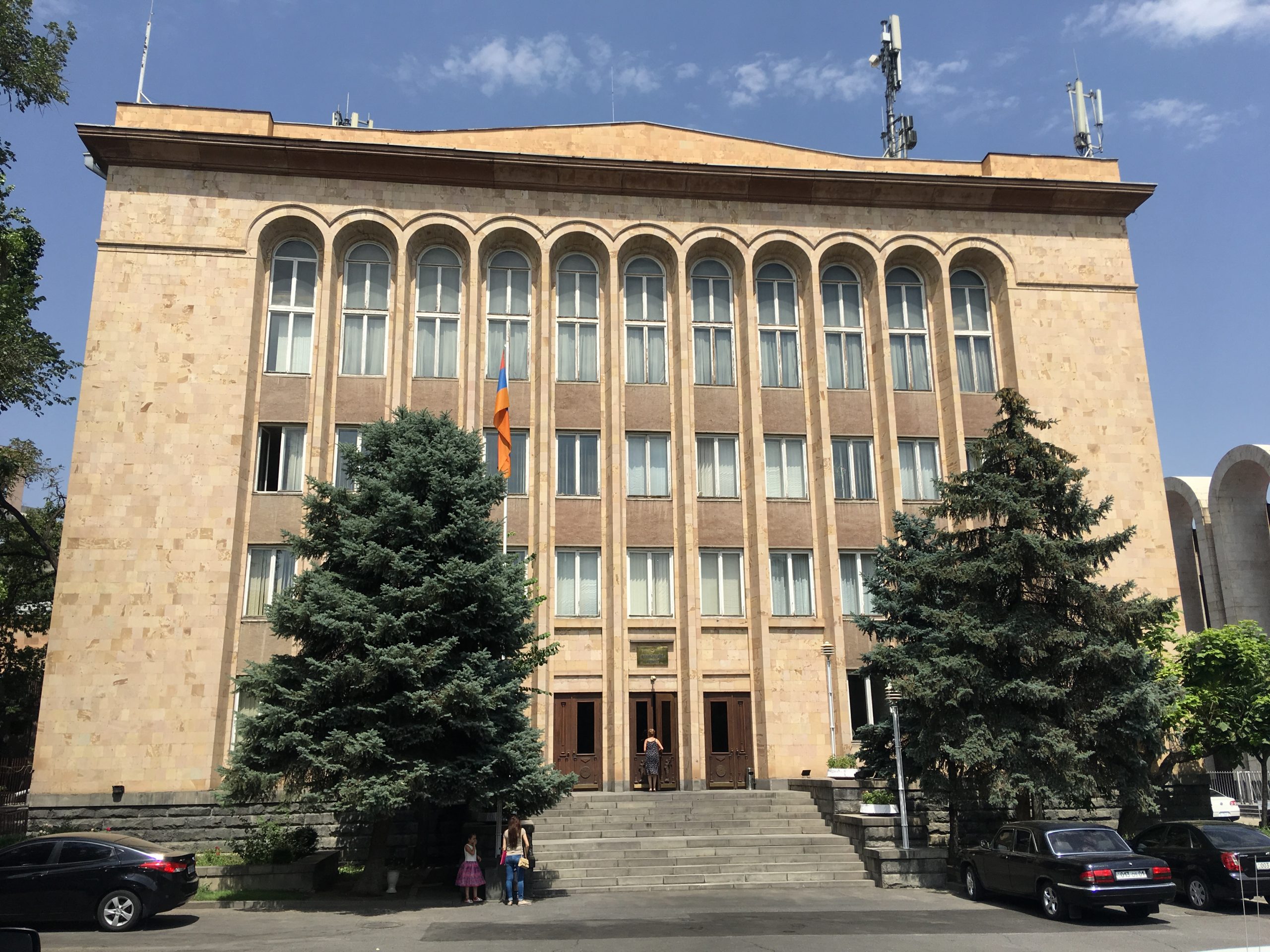Armenia, a country that once held the promise of democratic reform and transparency, now finds itself grappling with a deeply entrenched issue—judicial corruption. Despite the government’s initial commitment to fighting corruption and establishing an independent judiciary, recent developments have revealed that these efforts are stalling, raising serious concerns about the future of the country’s legal system.
The Scope of the Problem
Judicial corruption in Armenia is pervasive, with courts facing systemic political influence and pressures that undermine their independence. Reports indicate that judges often feel compelled to collaborate with prosecutors to secure convictions, leading to an alarmingly low acquittal rate. This scenario paints a grim picture of a judiciary that is not only compromised but also instrumental in maintaining the political status quo.
One of the key issues fueling judicial corruption is the lack of transparency in the appointment and promotion of judges. Many judicial positions have been filled by individuals with strong ties to the ruling party, raising questions about their impartiality. For instance, two members of the Supreme Judicial Council, Armenia’s key judicial oversight body, were elected from the ruling faction, including a former minister of justice who was also a member of the ruling party. This blurring of lines between the judiciary and the executive branch creates an environment ripe for corruption.
The Impact on Governance and Society
The implications of judicial corruption in Armenia are far-reaching. A compromised judiciary erodes public trust in the legal system, making it difficult for citizens to seek justice and for the rule of law to be upheld. Moreover, it hinders the country’s ability to attract foreign investment, as investors are wary of engaging in markets where legal protections are weak and the enforcement of contracts is uncertain.
The stagnation in judicial reform also has a chilling effect on other anti-corruption efforts. Without a functioning and independent judiciary, other measures to combat corruption become ineffective. This is particularly troubling in a country like Armenia, where corruption has long been a barrier to economic development and social progress.
The Government’s Response: Rhetoric vs. Reality
The Armenian government, under the leadership of Prime Minister Nikol Pashinyan, has made numerous statements about its commitment to fighting corruption and reforming the judiciary. However, these declarations have not been matched by effective action. Critics argue that while the government may have the political will to address corruption, it lacks the necessary resources and, more importantly, the genuine commitment to implementing meaningful reforms.
This disconnect between rhetoric and reality is most evident in the handling of high-profile corruption cases. While the government has launched investigations into former officials and business elites, these efforts have been criticized for being selective and politically motivated. There is a growing perception that anti-corruption measures are being used as a tool to target political opponents rather than as a means to establish a fair and just legal system.
Looking Ahead: What Needs to Be Done
To address judicial corruption in Armenia, several steps are crucial. First, there must be greater transparency in the appointment and promotion of judges. This includes establishing clear criteria for judicial appointments that prioritize merit and integrity over political affiliation. Second, the government needs to ensure that the judiciary is insulated from political pressures, allowing judges to operate independently and without fear of retribution.
Furthermore, comprehensive training programs for judges and other judicial staff on ethics and anti-corruption practices could help mitigate some of the issues currently plaguing the system. Finally, international cooperation and support, particularly from European institutions, could provide the necessary resources and oversight to help Armenia reform its judiciary.
Conclusion
Judicial corruption in Armenia remains one of the most significant challenges facing the country’s democratic development. While the government’s intentions may be commendable, the lack of concrete action has allowed corruption to persist, undermining the rule of law and public confidence in the legal system. For Armenia to move forward, it must prioritize genuine judicial reform, ensuring that its courts serve the people rather than political interests. Only then can the country hope to realize the democratic aspirations that once inspired its people and the world.

